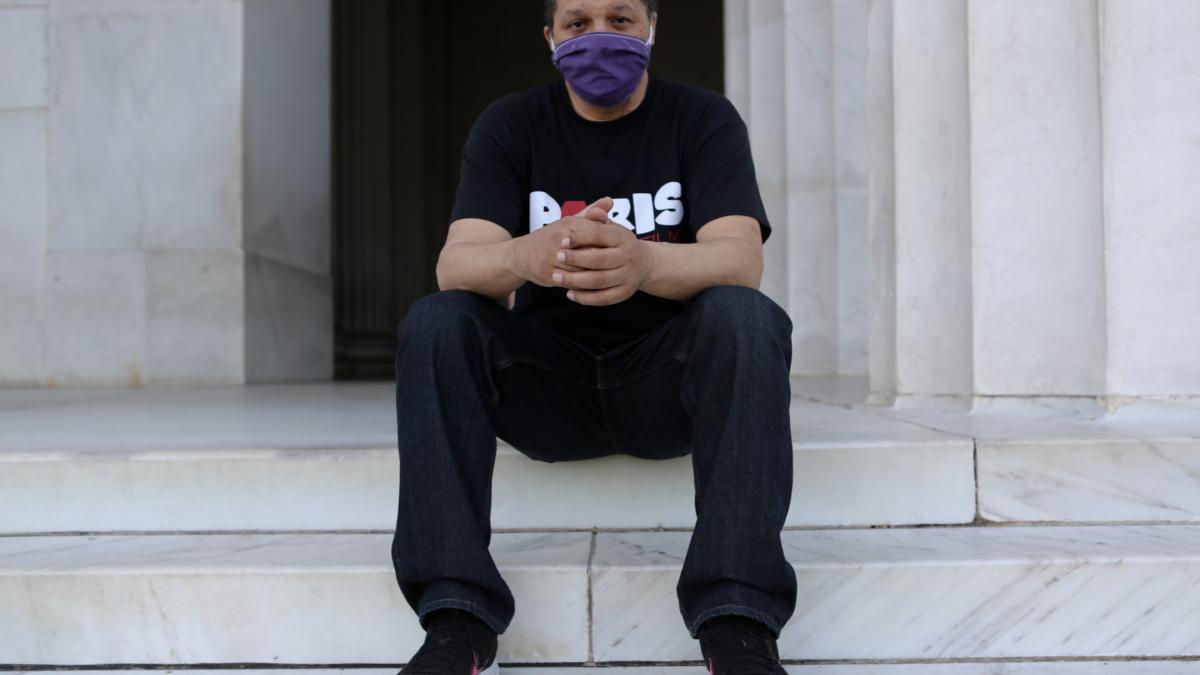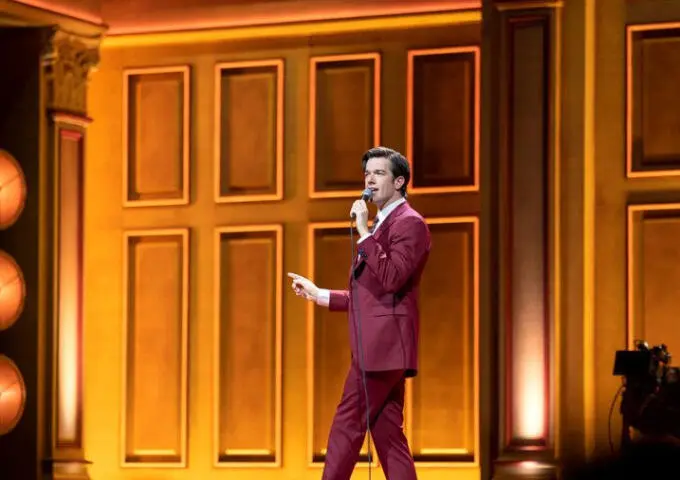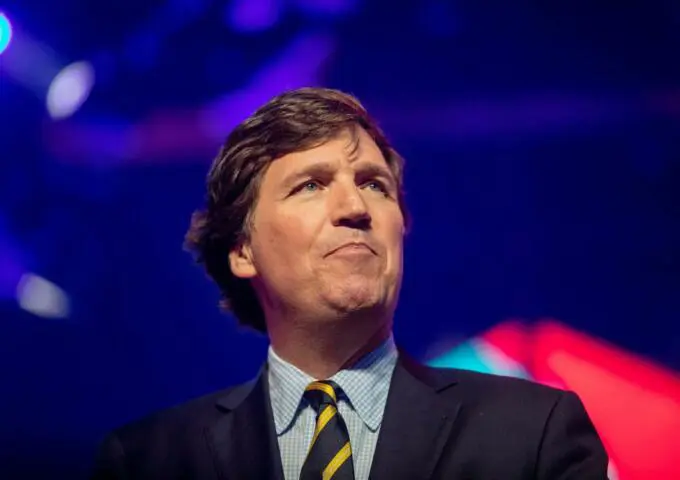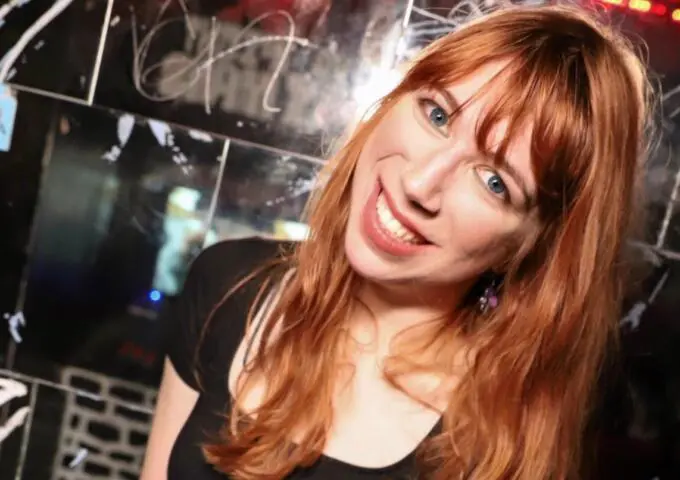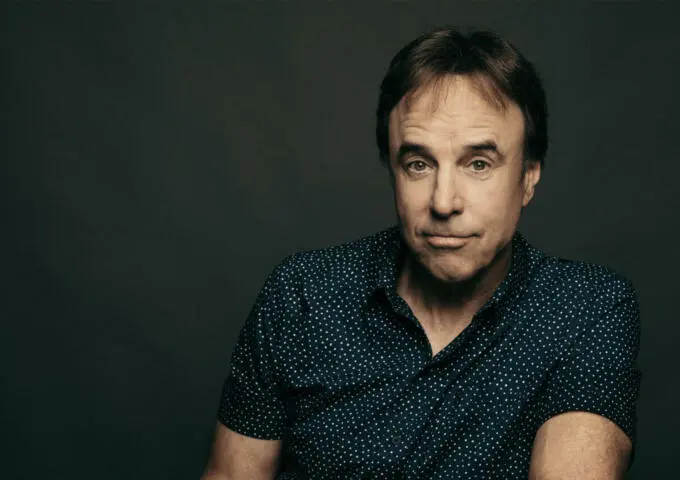Philadelphia resident Antonio Paris is a busy man.
He’s a director, editor, writer, producer and visual storyteller. He’s also nominated for an Emmy Award this year in the Feature Documentaries Sports category for “Resurgence of the Big 5.”
Paris is currently the director and producer of “Democracy in Black.” The film is based around the social conflict in America, police brutality, LGBTQ rights and racism. Paris became a filmmaker after 18 years of coaching high school and college basketball. He served as a community service activist and was nominated for notable awards for his work with inner-city youth.
His first film was on the economic collapse of Camden, New Jersey. The story was based around the factories that made Camden great and the decline that crippled the city.
Paris is a head coach for the ESPN/TBT Basketball Tournament. This event is held once a year during the summer months nationwide for $2 million.
With his knowledge of Sports, Paris noted he’s produced and directed several films for NBC Sports Philadelphia, ESPN’s “30 for 30,” Comcast and Bounce TV, including “The BIG 5,” which tells a compelling story of Philadelphia’s history in the NCAA Tournament.
Paris is also known in the hip-hop world as MC Tony Tee. He was a youth in New York when hip-hop culture began. During his career, Paris produced three singles and was the opening act for the Def Jam 2 Tour in 1987.
Paris also founded Coach Tone Training, a nonprofit geared toward training and mentoring the youth in the community, and is the owner of A.Paris Films, a production company that was developed to produce compelling stories of discrimination, social change and sports history. Four of his films were released on NBC in May and June.
PW recently caught up with Paris to talk about his many programs and films.
You became a filmmaker after years of coaching high school and college basketball. What attracted you to the film industry?
My older brother (Chappy) introduced me to film at a young age. He frequently took me to the movie theater in the ‘70s, and I have been fascinated ever since. I was able to relate to the stories being told on screen with my own personal life. As I got older, I began recording a variety of events from weddings, sports and home videos. Through the camera lens, I saw compelling stories of life, love and unity.
“Growing up in Harlem during the ‘60s through the ‘90s, I saw a lot of injustice and inequality. I share some of those experiences through the artwork in my films. My ideas for films come from my background in the music, sports and community involvement.”
When you started making films, did you think you’d achieve as much as you have? Talk a little about your Emmy nomination this year and how you felt when you heard the news you were up for the award.
I did not know what to expect when I began making films. I was more interested in telling stories and hoping to share with the rest of the world.
I was the program director for the Trudy Haynes show for Bounce TV early in my career. I worked with Comcast and NBC Sports producing and directing documentaries for the past 12 years.
I am honored to be considered for an Emmy nomination. It is an achievement, and I am greatly appreciative for the recognition of my work. Although I accomplished a lot over the years, I am looking forward to capturing more compelling stories to share with my audience through my brand A.ParisFilms in the future.
Where do you get your ideas for films?
Growing up in Harlem during the ‘60s through the ‘90s, I saw a lot of injustice and inequality. I share some of those experiences through the artwork in my films. My ideas for films come from my background in the music, sports and community involvement.
While coaching college basketball, I started hearing a lot of stories about local heroes, and it encouraged me to go to film school. I studied Film Production at Philadelphia Institutions film schools Scribe and PhillyCam.
Since then, I directed and produced 12 films in the past 15 years.

One of your latest projects certainly speaks to the issues of the day. You are the director and producer of “Democracy in Black,” which is based around the social conflict in America, police brutality, LBGQT rights and racism. Can you tell us how that project came together and how people will be able to see it?
Democracy in Black is a powerful, educational, exciting and binge worthy docu-series. It’s based on a book written by Eddie Glaude, Jr. an African American professor at Princeton University. I’ve known Eddie for a long time, and after reading the book in 2018, I called him and said “I want to make this into a movie.” It started out as a documentary and soon became a docu-series. This series also addresses the Black Live Matter Movement, LGBTQ+, police brutality, Me Too Movement, racism and more.
In addition to your coaching and filmmaking careers, you are the founder of Coach Tone Training, a nonprofit program geared toward training and mentoring the youth in the community. Can you tell us what the program is all about and why you decided to start it? What kind of impact is it making?
I started Coach Tone training to help disadvantaged youth in the community. Throughout the years, I’ve been able to help many student-athletes get into high school and college. The program has been very helpful to a lot of the kids who have succeeded in pursuing their dreams. Some moved on to the professional rankings to play in the NBA and overseas. Others have become coaches, teachers, doctors and entrepreneurs. I am very fond of what we’ve done for the youth in the community.
What’s ahead for you? Do you have any projects you’re currently working on or issues you’d like to tackle in the future?
My next project will be based on hip-hop culture. This project is important, being in the industry as an old school hip-hop artist myself and having the knowledge of the business side. I was a youth in New York in 1973 when hip-hop began in the Bronx. I started rhyming in 1975 and was part of two different rap groups. I recorded several singles in the ‘80s with my DJ, and we performed on the Def Jam 2 tour in 1987.
I have a few more project ideas in the preliminary stage right now.
